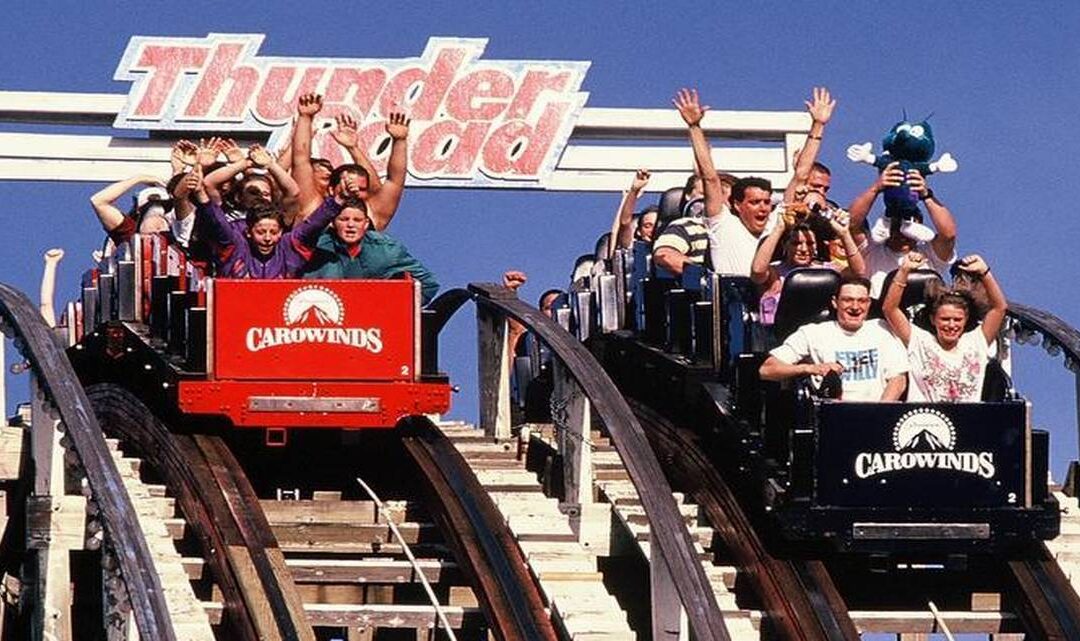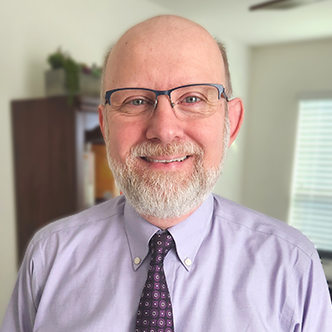Okay, I admit it. I didn’t like it the first time I rode a roller coaster. It just wasn’t for me. I was a kid—maybe 12 years old—when I hopped aboard Thunder Road at Carowinds near Charlotte, North Carolina. The wooden roller coaster bumped along so jarringly that I thought my teeth were going to fall out. I “white-knuckled” it to hang on until the ride was over. A few years later, I found other roller coasters that I liked much better—ones that were faster but that weren’t so jarring.
Thunder Road has since been replaced by Fury 325–the tallest, fastest, longest giga coaster in North America. Some people experience the addiction recovery process in much the same way as that old jarring roller coaster. They white-knuckle it—holding on for dear life, thinking that if they can just muster up enough willpower, the bumpy ride of abstinence will quickly lead to success. But abstinence isn’t recovery. Stopping the behavior of an addiction is a good beginning, but if there isn’t genuine recovery, the familiar cravings will most likely come back. In 12-step groups, there is the old line about the chronic drinker, who says: “I can stop drinking anytime. In fact, I’ve stopped hundreds of times!”
What is true recovery? It can involve several facets, but simply put, it is doing the inner work. It is looking at our childhood and family-of-origin and seeing the patterns that we learned. For example, when you were a child, how did you learn to get what you wanted and needed? If you had an angry parent, did you learn to placate and be a people-pleaser, or did you learn to withdraw and deny your feelings? Did you learn to do things as close to perfection as possible, or did you become ashamed of all your efforts?
These childhood patterns may be a bit daunting for us to look at, but if they are not addressed, we will continue repeating the same patterns as adults. We might rather avoid difficult emotions and challenging situations in our lives, but without learning to cope with them, we cannot experience true recovery. We must see the underlying emotional causes that perpetuate the addiction cycle.
White-knuckling it isn’t the answer. In the long run, you will save yourself and your loved ones much grief by doing the work of recovery and growth. Even better, you will find a richer, more fulfilling life when you seek a place of openness, authenticity, and resilience.


